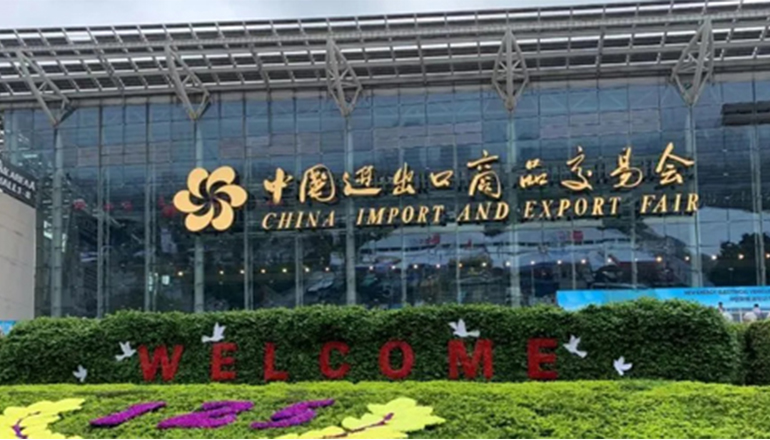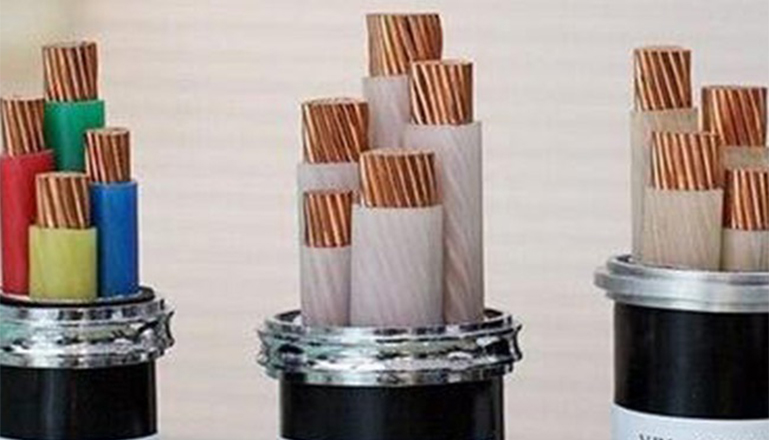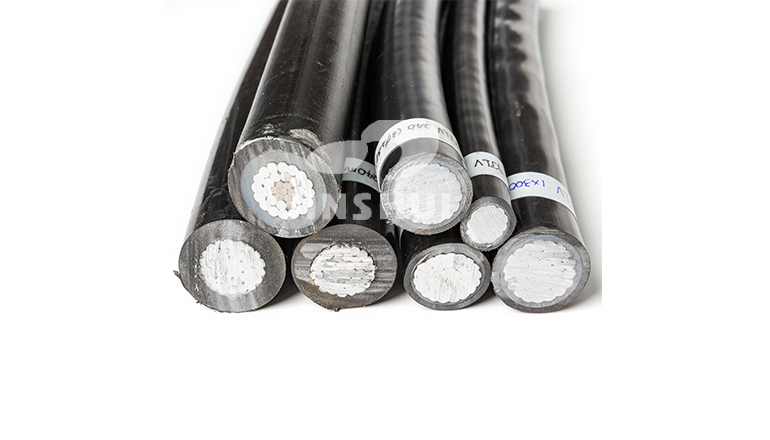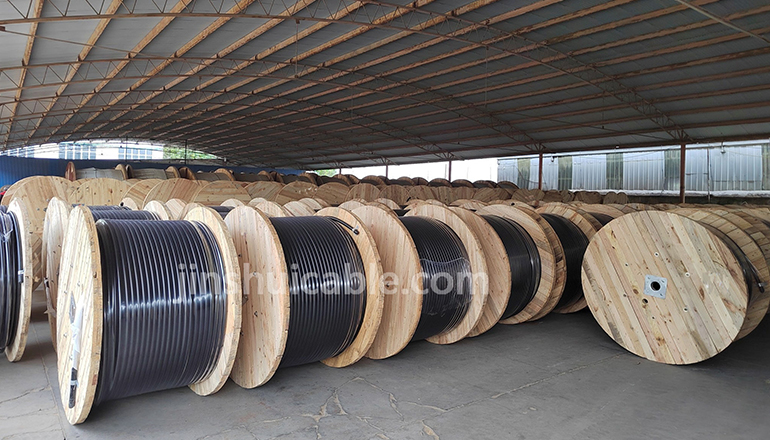- Offices Time:24 Hours Online
- Email:[email protected]
- WhatsApp:+8618339938759
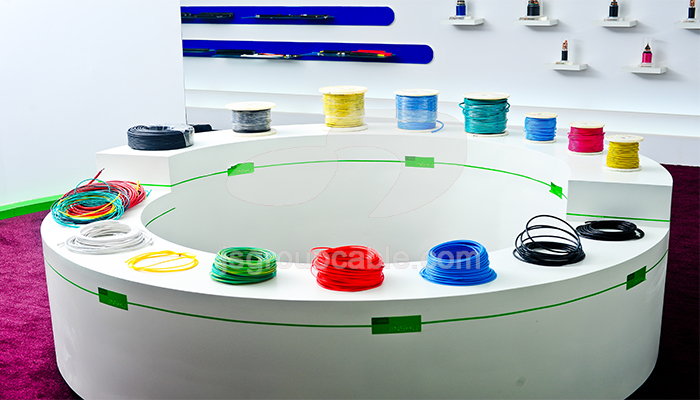
Posted on February 28, 2023
Detailed Introduction Of PVC Insulated Wire
PVC insulated wire is a type of electrical wire that is commonly used for a variety of applications, including residential and commercial wiring, automotive wiring, and electronic equipment wiring. PVC is a synthetic plastic polymer that is known for its durability, low cost, and resistance to moisture and chemicals.
It consists of a copper or aluminum conductor that is coated with PVC insulation. The PVC insulation is typically colored for easy identification of the wire’s purpose, such as red for hot wires, black for ground wires, and white for neutral wires.It is available in a range of sizes, from thin gauge wires used in electronic equipment to thicker gauge wires used for power distribution. It is also available in both solid and stranded conductor configurations.
The structure of PVC insulated wire
PVC insulated wire typically consists of three main components: the conductor, the insulation, and the protective sheath.
1.Conductor: The conductor is the core of the wire and is typically made of copper or aluminum. It provides the path for the electrical current to flow through the wire.
2.Insulation: The insulation is a layer of PVC material that covers the conductor. It provides electrical insulation, protecting the wire from short circuits and electrical hazards. The insulation is usually color-coded according to the purpose of the wire (e.g., black for ground wires, red for hot wires).
3.Protective Sheath: The protective sheath is an outer layer of PVC material that covers the insulation. It provides protection from moisture, abrasion, and other environmental factors. The sheath is usually colored and marked with information about the wire, such as the wire gauge and voltage rating.
The structure of PVC insulated wire can vary depending on the specific application and the manufacturer. For example, some wires may have multiple layers of insulation or sheathing for added protection, while others may be designed with a specific temperature rating or flexibility for easier installation.

Product specification of PVC insulated wire
Here are some of the typical product specifications:
1.Conductor material: The conductor material used in PVC insulated wire can be copper or aluminum. Copper is the most common material used due to its high conductivity and durability.
2.Insulation material: The insulation material is polyvinyl chloride (PVC). PVC is a widely used thermoplastic material that provides good electrical insulation, flame resistance, and durability.
3.Voltage rating: It is available in various voltage ratings, typically ranging from 300V to 600V for residential and commercial applications.
4.Temperature rating: Have a temperature rating of up to 75°C, which makes them suitable for use in indoor and outdoor environments.
5.Gauge size: PVC insulated wire come in a range of sizes or gauges, typically ranging from 18 AWG to 10 AWG.
6.Color coding: It is color-coded for easy identification. The most common color codes are black, white, red, blue, and green.
7.Standards compliance: Be designed and manufactured to comply with various national and international standards, such as UL, CSA, and IEC, to ensure safety and reliability.
Features of PVC insulated wire
Here are some of the features of PVC insulated wire:
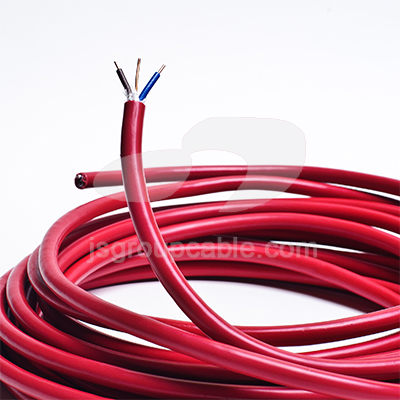
1.Good electrical insulation
Have excellent electrical insulation properties, which make it a good choice for electrical wiring.
2.Durability
Durable and long-lasting, with good resistance to wear and tear, moisture, and chemicals. This makes it suitable for use in harsh environments.
3.Flexibility
Flexible and easy to work with, making it easy to install in tight spaces or around corners.
4.Cost-effective
PVC insulated wire is a cost-effective option compared to other types of insulated wires.
5.Flame retardant
Have flame retardant, which means it will not easily catch fire or spread flames in the event of a fire.
6.Temperature tolerance
Can operate in a wide range of temperatures, making it suitable for use in both hot and cold environments.
7.Resistance to corrosion
Have good resistance to corrosion, making it a suitable choice for outdoor applications.
Application range of PVC insulated wire
It is widely used in a variety of applications across different industries. Here are some of the common applications:
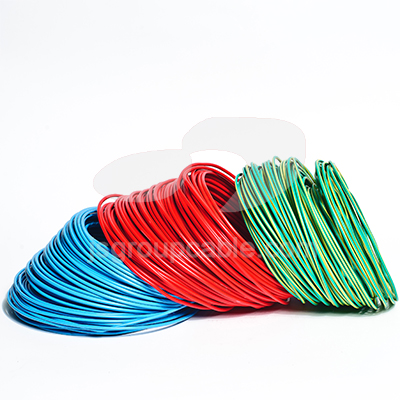
1.Residential and commercial wiring
It is commonly used for wiring homes, offices, and other buildings. It is suitable for both interior and exterior wiring, as it is durable and weather-resistant.
2.Automotive wiring
Used in the wiring of automobiles and other vehicles. It is flexible, heat-resistant, and can withstand vibration and other harsh conditions.
3.Electronic equipment
PVC insulated wire is used in the wiring of electronic equipment, such as computers, televisions, and home appliances. It is available in thin gauge wires for use in small electronic devices.
4.Industrial machinery
It is used in the wiring of industrial machinery and equipment. It can withstand high temperatures and harsh chemicals, making it suitable for use in industrial environments.
5.Power distribution
PVC insulated wire is used for power distribution in buildings and other structures. It is available in thick gauge wires for carrying high voltages and currents.
6.Lighting fixtures
Commonly used in lighting fixtures, such as lamps and light fixtures. It is flexible and can be easily routed through tight spaces.
Overall, PVC insulated wire is a reliable and cost-effective option for electrical wiring, and it is widely used in a variety of industries and applications. However, it is important to ensure that the wire is installed properly and used within its rated specifications to ensure safe and reliable operation.
Post categories
Most Popular Posts
-
The 135th China Canton Fair
March 20, 2024 -
What are the laying methods of copper core wires and cables?
January 9, 2024 -
What are the advantages of aluminum conductor cables?
December 14, 2023 -
Characteristics of high temperature wires and cables
December 7, 2023


